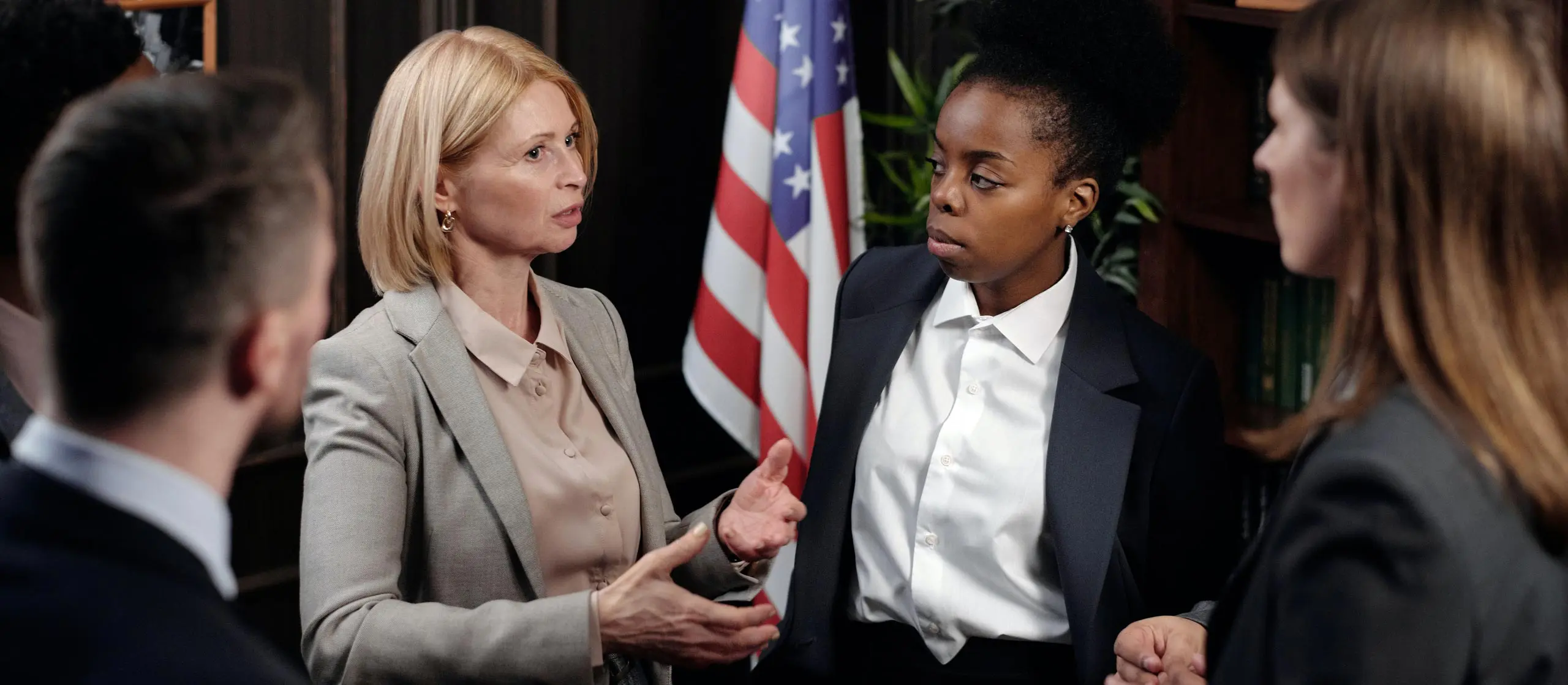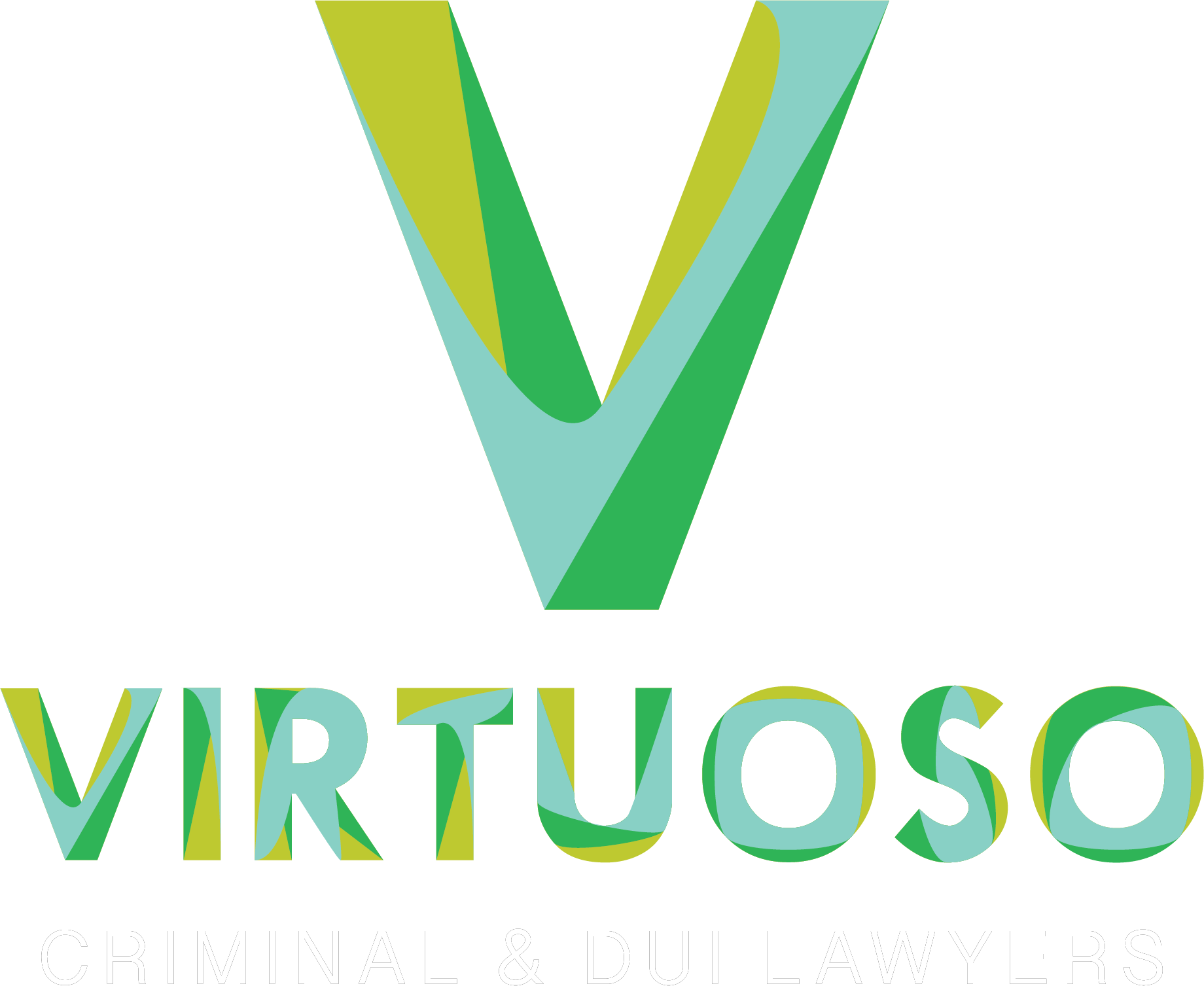Driving With Suspended License
Driving with a Suspended License for prior DUI conviction under California Vehicle Code Section 14601.2
If you are found guilty of DUI in California, it is likely that the DMV will suspend your license for a period of time following your conviction. If you drive a vehicle during such a license suspension period, then you might find yourself charged with a brand new, separate criminal offense. California Vehicle Code Section 14601.2 (“VC 14601.2”) makes it a crime to drive a car when your license is suspended for reasons related to a prior DUI conviction.
How Can I be convicted of Driving with a license suspended for a prior DUI conviction?
To prove that you are guilty of violating VC 14601.2, the prosecution has to prove, beyond a reasonable doubt, that
- You drove a vehicle
- While your license was suspended
- Your license was suspended due to a prior DUI conviction AND
- That you knew about the prior license suspension
If, after hearing all of the evidence, the jury has any reasonable doubt as to whether the prosecution proved any of the above elements, then they will find the defendant “not guilty” of violating VC 14601.2. So, if the jury is convinced that the defendant’s license was suspended from a prior DUI, and that the defendant knew about the suspension, but they have reasonable doubt as to whether the defendant drove the vehicle at the time in question, then that would result in a “not guilty” verdict. However, if the jury is convinced that the prosecution has proven each of the above elements beyond a reasonable doubt, then they will find the defendant “guilty” of violating VC 14601.2.

Defenses to a charge of driving with a license suspended for a prior DUI conviction
This sounds obvious, but remember that the prosecution has to prove each element beyond a reasonable doubt, including the element of “driving a vehicle.” In many cases, this element is easily proven because police officers have arrested a person on suspicion of violating VC 14601.2 during a “routine traffic stop”, and it seems largely uncontroverted that the defendant arrested was, in fact, driving a vehicle at the time. In other cases, however, the evidence does not so clearly establish the defendant’s identity as the driver.
Consider for example a case where police respond to a 911 call about a car accident, and find the car in question abandoned. Based some conversations with bystanders, the police eventually locate the defendant and a friend nearby, and determine that both persons were previously in the car at the time of accident. The car is registered to the defendant, whose license is suspended due to a prior DUI. The police might then assume that the defendant was driving and thus might have violated VC 14601.2. However, in this case the defense might be able to show that the defendant’s friend was, in fact, driving the car in question at the time, or at least that there is reasonable doubt as to who the driver actually was.
VC 14601.2 specifically carves out an exception for drivers who are in a drug rehab program and are only driving a car for certain work-related purposes. Where the defendant’s license is suspended from a prior DUI, and they drive a vehicle, but the vehicle is owned by an employer and the defendant is only driving it on the employer’s private property, and the defendant was operating the vehicle as part of their job. However, where the defendant so operates a vehicle on an “off street parking facility” (like a parking lot), then this defense will not apply.
As mentioned above, the prosecution has to prove each element of VC 14601.2 beyond a reasonable doubt, and this includes the defendant’s knowledge of their license suspension. So, if the jury has any reasonable doubt as to whether the defendant “knew” their license was suspended, then this should result in a “not guilty” verdict even if the defendant did, in fact, drive a vehicle with a DUI-suspended license. However, this situation rarely appears in VC 14601.2 prosecutions.
The reason why is that VC 14601.2 makes it easier for the prosecution to show that you “knew” about your license suspension. According to the statute, knowledge of the license suspension is “conclusively presumed” when the DMV sends notice to the defendant of the license suspension or when the defendant was present in court to learn of their license suspension. This means that, even in a case where the defendant initially learns of their license suspension, but then honestly forgets about the fact after a passage of time while their license is still suspended, then that defendant will likely still be found guilty of violating VC 14601.2. The “lack of knowledge” defense is most applicable when some technical irregularity occurs such that notice is not given to the defendant about the license suspension. Because the courts and DMV operate with some regularity, this type of oversight rarely happens. Still, your lawyer should investigate this issue if you are charged under VC 14601.2.
Possible penalties and jail time for Driving with a license suspended for a prior DUI conviction
Penalties for violating VC 14601.2 depend on prior convictions for the same offense as well as other factors. A first offense, by itself, is punishable by 10 days-6 months in jail and a fine of $300-$1000. A second or subsequent offense is punishable by a period of 30 days-1 year of jail time and a fine of $500-$2000.
The judge can impose probation for a first offense, but even then, VC 14601.2 requires that the defendant serve ten days in jail as a “condition of probation.” For a second or subsequent offense within the last five years, the defendant must serve thirty days as a “condition of probation”, and where the defendant is convicted of a second or subsequent offense between the five and seven year mark from the first conviction, then a ten day jail sentence must be served as a condition of probation.
If the defendant is a “habitual traffic offender”, then the offense becomes even more severe even for a first offense. Then, the defendant must serve at least 180 days in jail and pay a $2000 fine.
Also, an ignition interlock device (“IID”) must be installed on the defendant’s vehicle following a conviction for VC 14601.2
Clips of Counsel: Watch and Learn
“Daniel Vaswani, lead attorney at Virtuoso Criminal and DUI Lawyers, explains the complicated process of a DUI arrest and the importance of hiring the right lawyer.”
“Attorney Joe McPeak from Virtuoso Criminal and DUI Lawyers discusses important defense strategies for domestic violence cases.”
“Discover how speaking with an attorney just days before your court date can dramatically impact your chances of release.“
We are Available



